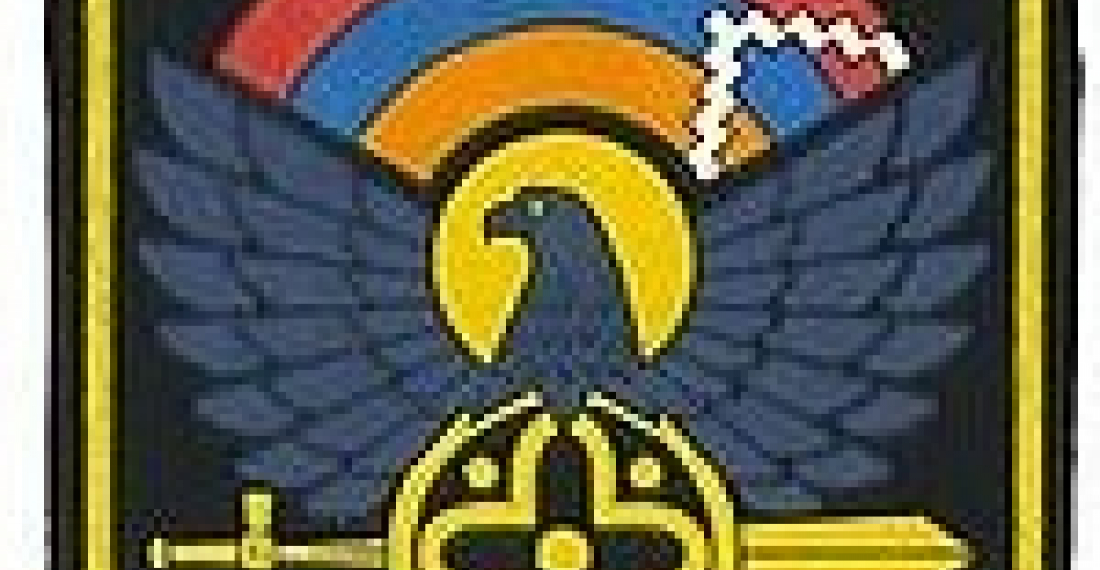The Azerbaijani party keeps on firing at the Armenian positions. Thus, the NKR Defense Army reports over 2000 shots at the Karabakh position in the line of contact for the last few days.
In addition, on April 23 the enemy fired at the medical vehicle of the NKR Defense Army from a big caliber sniper gun "Istigal". In fact, soldiers Andranik Madoyan and Ernest Sargsyan were wounded.
"The given incident once again demonstrates the destabilizing tactics of Azerbaijan in the conflict zone. Baku cynically violates the provisions of the Geneva Convention and opens fire at the medical vehicle having the red cross sign on it," the NKR Defense Army press-service reports.
Earlier on April 25 the defense positions of the Armenian army near Dovekh village of Tavush region were fired. A kindergarten of the village was fired at too. For this reason, the children and workers of the kindergarten were evacuated. As a result of operative actions taken by Armenian servicemen, the fire points of the enemy were suppressed.
Azerbaijan again fires at Armenian positions
Azerbaijan again fires at Armenian positions







